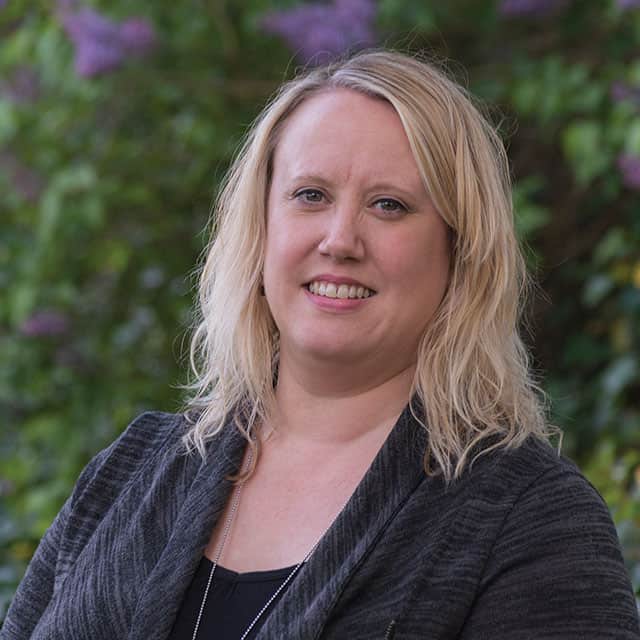
We are in the business of communication. We communicate every day, with each other and our clients, and by supporting our clients in communicating with healthcare professionals and patients.
Communication has never been more topical, more essential or more medical than during the COVID-19 pandemic. The pandemic brought science to centre stage and slide presentations to prime-time television. If you were shouting ‘Where’s the figure legend?’ at the TV during pandemic briefings, imagine being a non-expert member of the public. People can make an informed choice only if they have access to, and understand, the information they are given.
The medical communications sector leads the charge in effective, multidirectional communication. Clarity supports inclusion and using carefully chosen plain language is imperative. It is the communicator’s responsibility to present evidence-based information and mitigate misinformation, to build transparency and trust. Health literacy principles drive all engagement, but especially with a lay audience. Communication should:
*Be short, simple and easy to assimilate
*Avoid the passive tense and jargon
*Use (local) language appropriate for the intended reading age
*Use simple data presentation to enhance understanding
*Always be of interest to the target audience.
With clients and colleagues we have communicated using all available channels and embraced remote technologies to maintain a timely, interactive dialogue during the pandemic. Zoom sales in the last three months of 2020 were up by 370% compared with the same period in 2019, but how do we include those without access to Zoom or with additional needs? Perhaps by going back to the more traditional channels of communication, but with clarity still front of mind.
Effective communication is the same whether there’s a public health crisis or not, but during a health crisis, the stakes are higher, the consequences more critical and unpredictable, and the timing necessarily reactive. Misinformation and misunderstanding are rife. Any communication in any direction, under any circumstances, needs to be clear, inclusive, timely and responsive, open and accessible and, importantly, evidence-based.
And there should always be a figure legend.
Julie Beeso is Global Quality Director at Oxford PharmaGenesis





